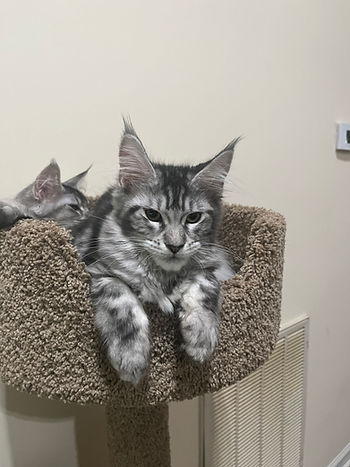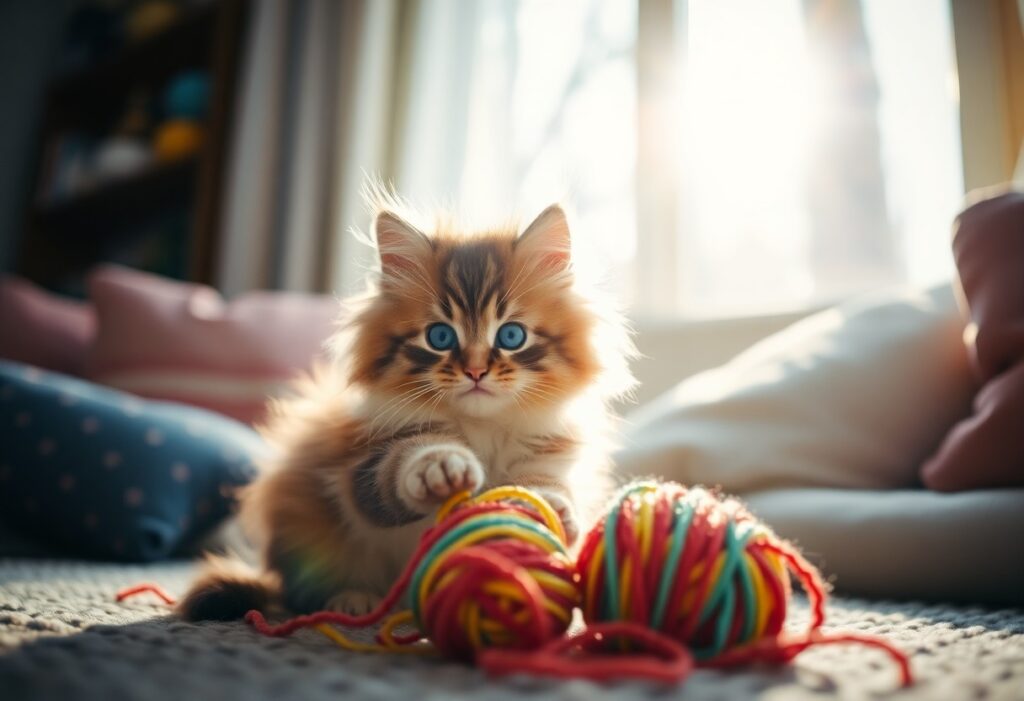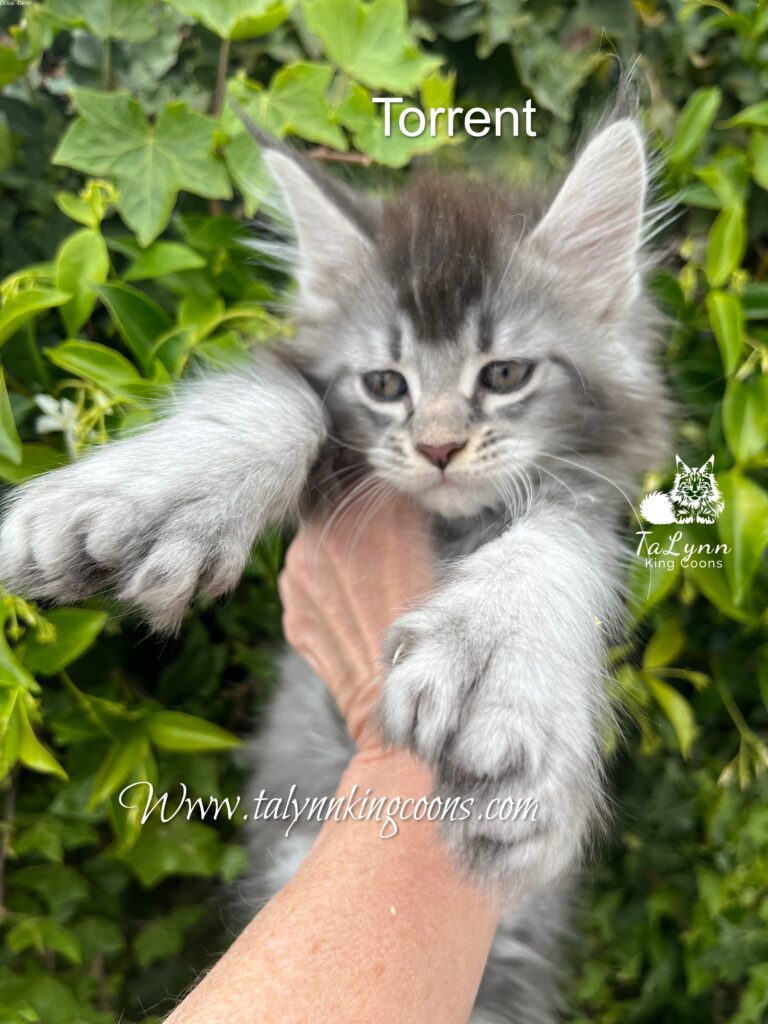Part 1: Signs of Stress in Kittens
Understanding Kitten Stress: A Deep Dive into Its Impact
Understanding the signs of stress in pets is crucial for any pet owner. Just as humans experience stress in various forms, so do our feline companions. It’s essential to recognize these signs early to help alleviate their discomfort. Stress in pets can stem from numerous sources, including changes in their environment or routine, which can significantly impact their well-being and behavior.
Understanding Kitten stress is essential as it helps in identifying the causes and implementing effective solutions.
Understanding Kitten behavior plays a significant role in recognizing stress signals early.
Understanding Kitten stress is vital for every owner. Understanding Kitten behavior helps in creating a supportive environment.
Understanding Kitten stress symptoms allows owners to respond appropriately to their needs.
Understanding Kitten reactions to stress can improve their quality of life significantly.
Caring for Your Kitten: A Guide to Stress Management for Kittens
Understanding Kitten stress and how it manifests can lead to better care for your pet.
It’s important to understand that your kitten’s stress can show in various ways, affecting their overall health and happiness. Recognizing these signs early allows you to take action to support your kitten.
- Behavioral Changes:
- Excessive grooming or lack thereof.
- Hiding or avoiding interaction.
- Increased vocalization or aggression.
- Physical Symptoms:
- Digestive issues like diarrhea or vomiting.
- Changes in appetite (eating more or less than usual).
- Restlessness or lethargy.
- Environmental Factors:
- New additions to the household (pets, people).
- Loud noises or sudden changes.
- Lack of stimulation or social interaction.
Part 2: How to Ease Stress and Promote Overall Well-Being
- Create a Safe Environment:
- Provide hiding spots (cat trees, cozy corners).
- Ensure access to fresh water and litter boxes.
- Use pheromone diffusers or calming sprays.
- Routine and Consistency:
- Stick to a regular feeding and play schedule.
- Gradually introduce changes in the environment.
- Spend quality time bonding with your kitten.
- Consulting a Veterinarian:
- Seek professional advice if symptoms persist.
- Discuss potential medical interventions or therapies.
Conclusion
Excessive grooming or lack thereof can manifest as a coping mechanism for stress. They may groom themselves more frequently when anxious, resulting in bald patches or skin irritation. Conversely, a sudden halt in grooming may indicate that they are too stressed to care for themselves.
Avoiding interaction is a common behavior in stressed pets. When they feel threatened or anxious, they may retreat to secluded areas. Creating a safe space, such as a cozy bed or a box, can help them feel secure during stressful times.
Increased vocalization or aggression is another indicator of stress. A normally quiet pet may become more vocal or exhibit aggressive behaviors towards people or other pets. Understanding the triggers for this behavior is key to addressing their stress.
Digestive issues like diarrhea or vomiting can be signs of stress as well. Stress can upset a sensitive stomach, leading to these symptoms. Monitoring their diet and environment can help identify stressors.
Changes in appetite, such as eating more or less than usual, are also critical signs. A stressed pet may refuse food or overeat as a form of comfort. Keeping track of their eating habits is essential for identifying stress levels.
Restlessness or lethargy can indicate stress, where a pet may be unable to settle down or may seem overly tired. Providing a stable routine can help them feel more secure and relaxed.
The introduction of new additions to the household, such as new pets or family members, can be a source of stress. They thrive on routine and familiarity, so changes should be made gradually to minimize anxiety.
Loud noises or sudden changes in the environment, like construction work or fireworks, can be overwhelming for sensitive pets. Providing a quiet space away from these disturbances can help ease their stress.
Lack of stimulation or social interaction can cause boredom and stress. Engaging your pet with toys, interactive playtime, and socialization can prevent the onset of stress-related behaviors.
Understanding Kitten needs is essential to provide them with a safe space.
Part 2 focuses on practical solutions to ease the stress of your kitten, ensuring they feel safe and loved in their environment. Taking proactive measures can significantly improve their overall quality of life.
Understanding Kitten personalities is key in approaching them with care.
Understanding Kitten behaviors can sometimes prevent serious health issues.
Part 2: Caring for Your Kitten’s Well-Being
Providing hiding spots, such as cat trees or cozy corners, allows your kitten to retreat when feeling overwhelmed. Kittens appreciate having a space where they can observe their surroundings while feeling secure.
Understanding Kitten reactions to stress is crucial for effective management.
Ensuring access to fresh water and litter boxes is crucial. Keeping these areas clean and easily accessible helps reduce stress and promotes good health.
Using pheromone diffusers or calming sprays can create a calming atmosphere. These products mimic natural pheromones to help reduce anxiety and promote relaxation in your kitten.
Sticking to a regular feeding and play schedule can provide structure and predictability, helping your kitten feel more secure. Consistency is key to reducing anxiety.
Gradually introducing changes in the environment can help your kitten adjust without overwhelming them. This can include moving furniture or bringing in new items to their space.
Spending quality time bonding with your kitten through gentle play or cuddling fosters trust and reassurance, helping them cope with stress.
Seeking professional advice if symptoms persist is important. A veterinarian can assess your kitten’s health and provide tailored solutions to manage stress.
Discussing potential medical interventions or therapies with a vet can provide additional support for your kitten, ensuring a comprehensive approach to their well-being.
Creating a comfortable space for your kitten to retreat to can greatly reduce their stress levels. A secure environment helps promote confidence and reduces anxiety.
It’s essential to ensure that your kitten has easy access to both water and food. A well-fed and hydrated kitten is less likely to feel stressed.
Introducing calming elements like music or soft lighting can also create a serene environment for your kitten, helping to mitigate stress.
Providing your kitten with mental stimulation through toys or games can also help reduce stress levels and keep them engaged.
Understanding Kitten preferences is key when creating a safe and comforting environment.
Understanding Kitten play habits can also mitigate stress through engaging activities.
Understanding Kitten needs ensures they have a nurturing environment that minimizes stress.
Understanding Kitten habits helps in devising effective stress-relief strategies.
Understanding Kitten health is crucial when addressing stress-related issues.
Understanding Kitten care routines can help prevent stress-induced behaviors.
Understanding Kitten surroundings and their impact on stress is vital for fostering calmness.











